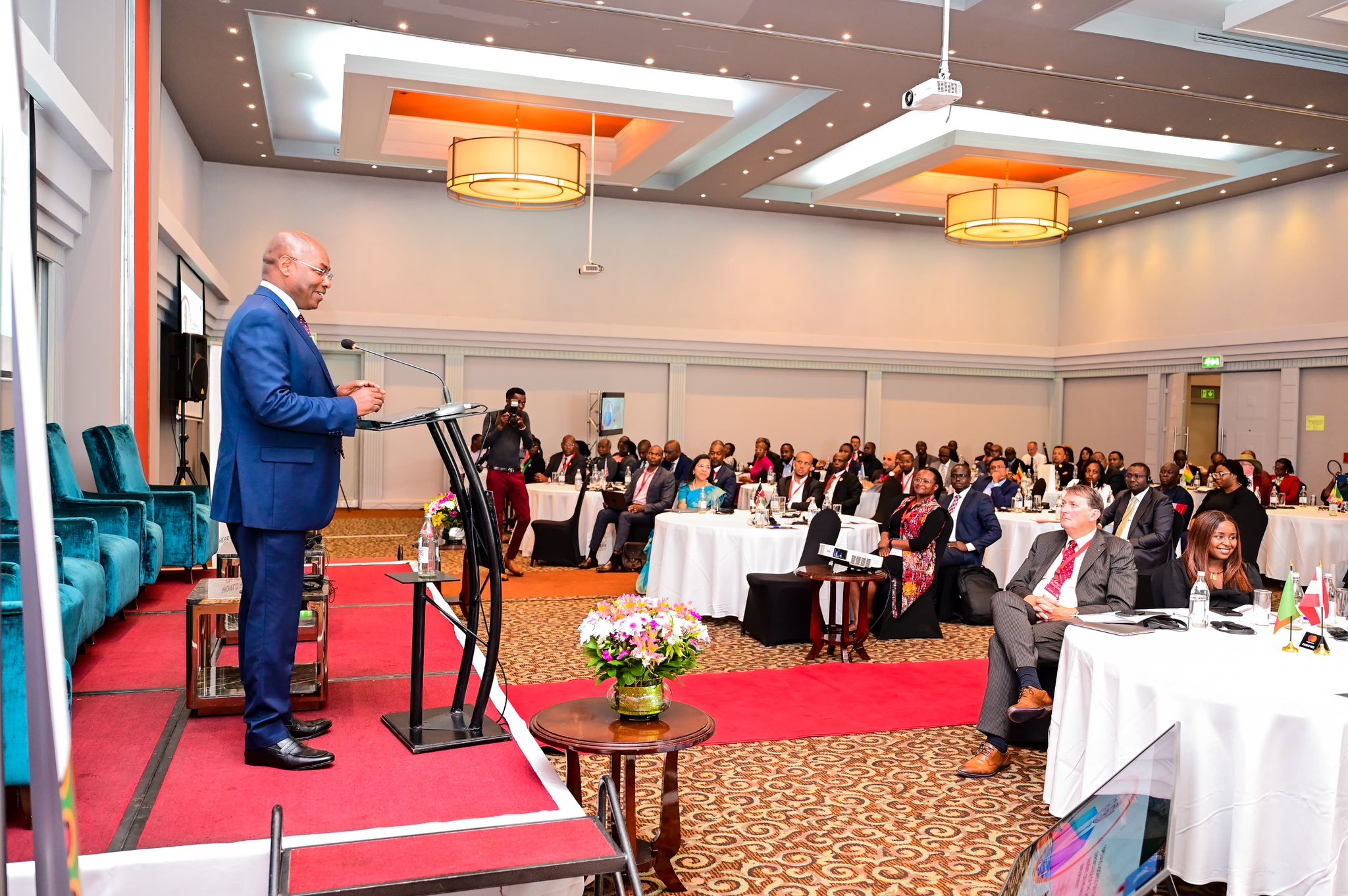The World Health Organization (WHO) has sounded the alarm over an expected sharp rise in hearing loss cases across Africa, which could affect 54 million people by 2030, up from 40 million today.
In a report launched at the African Summit on Hearing Impairment in Nairobi, WHO stressed the need for immediate intervention to halt the increasing toll on public health and the economy.
The WHO report urged governments to take immediate action to address the growing crisis.
“Countries should leverage the findings to galvanize action at the highest level, including advocating for policies focused on EHC and related activities," the report shows.
The agency also called for dedicated financing to provide much-needed equipment, products, and technologies for treating hearing loss, as well as public-private partnerships to strengthen EHC services.
Additionally, the report highlighted the need for better EHC integration into national health programmes.
“EHC must be urgently integrated into existing programmes to optimise the use of scarce resources,” the report emphasized.
The report revealed that hearing loss currently costs Africa $27 million each year, with the burden disproportionately affecting vulnerable populations.
“Without urgent interventions, the number of people living with hearing loss will continue to escalate, amplifying existing inequalities in access to health services,” WHO warned.
The report further emphasized the detrimental impact on children.
Hearing loss contributes to delays in language development, which “increases the risk of poor educational outcomes and limits future career prospects,” the UN agency said.
Adults, on the other hand, face isolation, loneliness, and a higher risk of depression and dementia if their hearing impairment goes untreated.
One of the key drivers of this surge is the severe shortage of ear and hearing care (EHC) specialists.
The report shows that more than half of African countries have just one Ear, Nose, and Throat (ENT) specialist for every million people.
In contrast, Europe has 50 per million.
“More than 33 million Africans could benefit from hearing aids, but only 10 per cent have access due to a lack of EHC financing,” the report shows.
The report stressed the far-reaching impact on children, noting that up to 75 per cent of childhood hearing loss in low and middle-income countries is preventable, often caused by infections, ear diseases, or birth complications.
However, most countries do not conduct routine hearing screenings for newborns.
“Even in countries with ear and hearing care (EHC) programmes, interventions are not integrated into school or workplace health initiatives,” WHO added.
WHO underscored that this gap in care could lead to an exacerbation of hearing loss cases, particularly in poorer communities.


